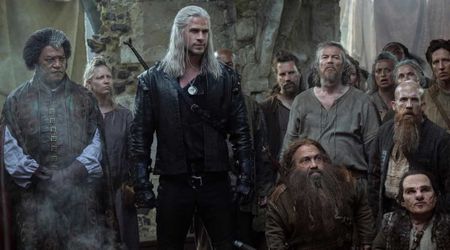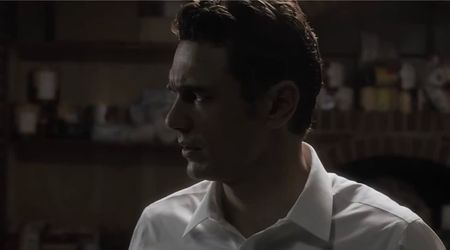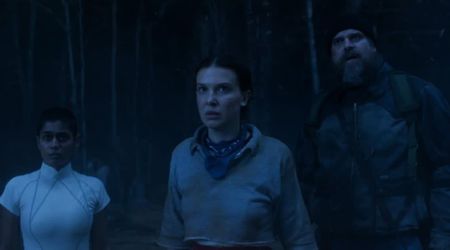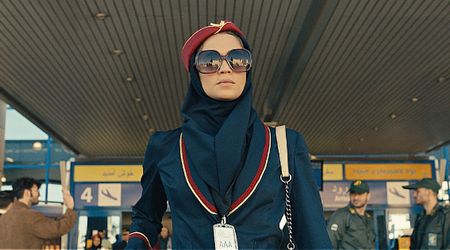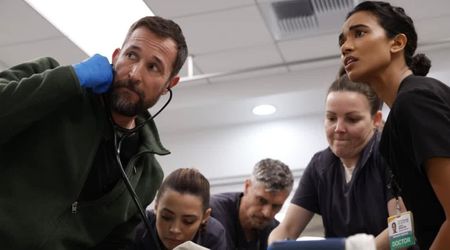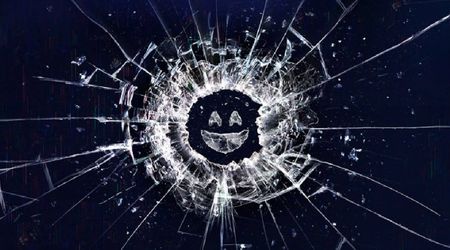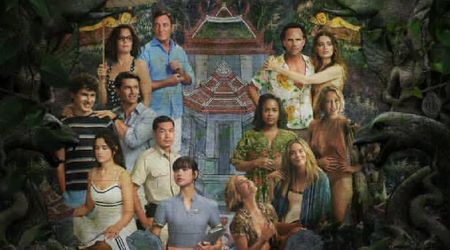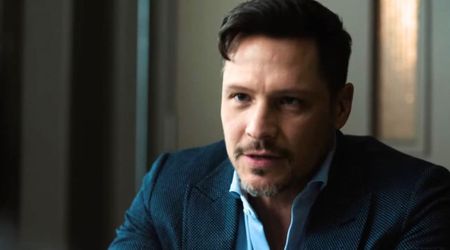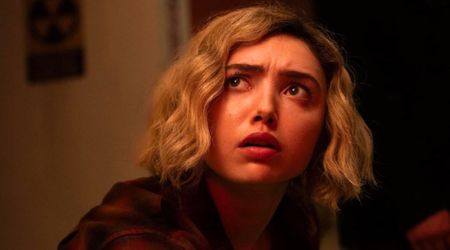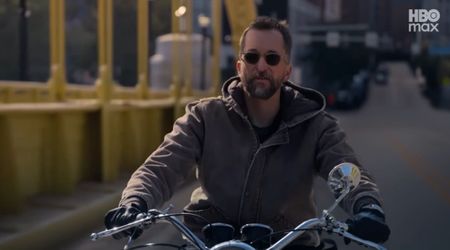'Atlanta's Missing and Murdered: The Lost Children' Episode 1: Case opened 40 years later to bring closure

'Atlanta's Missing and Murdered: The Lost Children' is a documentary series from Joshua Bennett, Maro Chermayeff, Jeff Dupre and Sam Pollard, highlighting the real-life account of the murders of numerous black children between 1979 and 1981, in Atlanta, Georgia.
HBO's five-part series is an unfiltered and detailed take on the Atlanta Murder Case, that tormented and haunted the city for years to come as one of the darkest parts of its history. The various testimonials from grief-stricken families of the victims, various journalists, and law personnel, is bound to elicit feelings of frustration, sadness, and utter devastation. This case, in particular, shook the community to its very core.
It is a harrowing tale of the injustice meted out to these children and what most people said was a predominant racial bias. Gauging from the first episode, it is evident that each of the following installations is going to be aptly detailed, with visuals, testimonies, and investigative material to go with it.
The case was reopened in 2019, by Mayor Keisha Lance Bottoms, who is also seen at the beginning of the episode addressing a press conference. "For those of us who grew up in that era in so many ways it shaped our childhood, it robbed us of our innocence and it reminded us all that evil was real", Mayor Bottoms began her message, where she asserted the family members and everyone present that the purpose behind reopening the case was to find some answers and the closure they deserved.

"There have been some who cautioned us not to touch it, to leave it alone, which I find very interesting," she said. "You think about the attention that's given now when a child disappears. you think about the attention that's been given to JonBenét Ramsey and multiply that by an extraordinary number of children."
Background of Atlanta and the black community

The opening episode of the series is a long elaboration on the beginning and buildup of the case, apropos to its political background. Atlanta was at the forefront of the Civil Rights Movement that emerged and persisted well into the 1970s. At the time of the murders, the city was only beginning to develop into a haven for the black community.
Mayard Jackson, the Mayor of Atlanta, was a dominant presence as this case unfolded. the first black Mayor to be elected in any American city of the south, he came into power, earning the trust and love of the people, especially with promises to alleviate the poorer sections of the city. But by the end of his office, these impoverished sections of the city didn't see a radical change to their lifestyle. The schools hadn't gotten better, most people were still unemployed, and none of the Civil Rights Movement's reform proposals had been recognized. Most household incomes were only $2,500 per annum.
"When you look at 30 murders over 23 months, that's a big deal. For Atlanta to be able to move forward, you've got to get rid of the stain. This stain is still here," the narration in the background plays. Even forty years later, the child-murder case is still a blemish in the city's reputation, simply because it remains unsolved and never brought justice to the victims who died a cruel death.
Atlanta, also called the 'Black Mecca City', is the epicenter of success and black experience in America, even housing four historically black collegea. With its rich African-American heritage, it might as well be America's Wakanda.
Half-hearted and clumsy investigation
The first two victims of the brutal killing spree were discovered around the same time on July 28, 1979 within the same perimeter. But the police never raised any alarm on these deaths. The two children were black, male and hailed from the poorer parts of the city.
The police department dealt with similar cases all the time, especially where the victims or perpetrators were black and the people being victimized were the vulnerable poor. The initial reaction to the cases was that these sort of things are daily occurrences. It seemed that for a child to go missing and get attention, they had to be from a known family, preferably white.
As more bodies turned up, the community was stirred, but the police failed to notice that there was a pattern to the murders. The gravity of the situation hadn't sunk in until nine children went missing and were found as corpses. Even the media was late to get on board, and the cases didn't receive national recognition until much later.
Camille Bell, the bereaved mother of 9-year-old victim Yusuf Bell, took matters into her own hands. She hadn't gotten any of her questions surrounding her son's death answered, so she established her own committee with two other mothers of victims and several mothers in the community. 'The Committee to Stop Children's Murders' sought to protect black children.

The committee was also a response to the Mayor's incompetence. He refused to alert the city of what was going on because he didn't want to alarm the people. It was important to him to project Atlanta as a safety net and keep the money coming. But the anxiety began building up as more murders came to the limelight. Bell, certainly a force to reckon with, did a great job with the committee and kept it in the public eye and grabbed the headlines.
This led to the formation of a special task force to look into the case, where the Atlanta Police Department joined forces with the Georgia Bureau of Investigation. They even brought in psychics, police dogs and profilers to aid with the case. People had pretty much lost all faith in law enforcement as children continued to go missing and the bodies piled up.
On October 13, 1980, the explosion of Bowen Homes, a daycare, sort of drove in the last nail. Four children and their teacher died in the 'accident' as Mayor Jackson deemed it. But people were hysterical and felt like the community was under attack or that it was a plot to mass murder black children by the Ku Klux Klan.
Wayne Williams

"You have to be a killer to kill a kid. You have to be a killer to choke the life out of a child. He wanted to kill them. He killed them because he enjoyed killing people, and we have to accept that," journalist Clem Richardson says referring to Wayne Williams, the only known culprit arrested on account of two of the several murders. The episode also reveals details of Williams' life.
Wayne Williams was the only child of Homer and Faye Williams and had a relatively happy and loving upbringing. His father was a freelance photographer and his mother was a teacher, and even taught some of the parents of the murdered children. They were a close-knit family and his parents adored him. Homer and Faye were highly respected in the community and the family lived in a well-kept modest house, in a modest neighborhood with mowed lawns and manicured hedges.
Williams was a very bright, entrepreneurial student with straight As and a promising future until it all backfired. Although he came into the spotlight after his arrest in 1981, not much is known about him and his life prior to his conviction. In the span of five episodes, the documentary series also pieces together details of his childhood and life growing up, bit by bit.

The disturbing footage from the various crime scenes that form the core of the visuals in the documentary expresses the gravity of the situation. Your attention gets hooked onto every detail, every testimony, every piece of evidence displayed, and you can't stop watching it mid-way because you want to know everything.
Your thirst for the answers needs quenching, just as every distraught family member of the 29 young victims wants closure.

